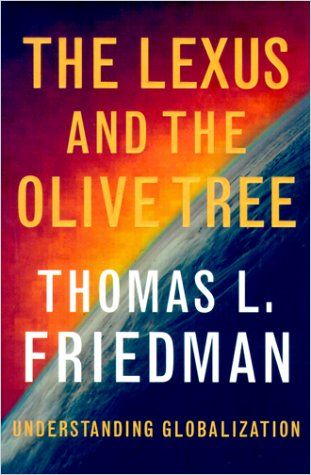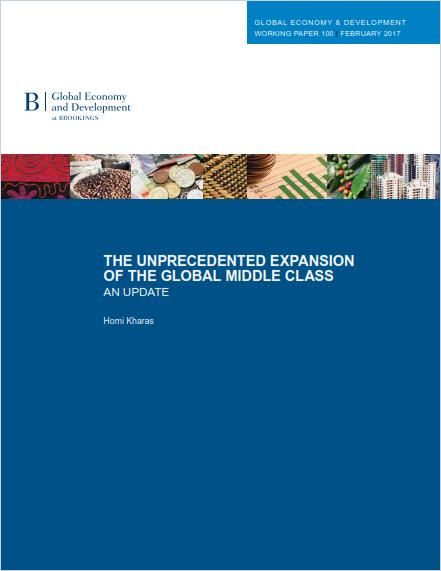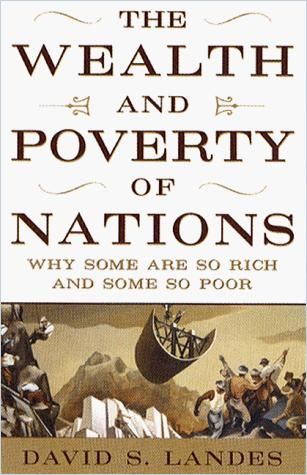"The Lexus and the Olive Tree: Understanding Globalization" is a non-fiction book by Thomas L. Friedman, first published in 1999. The book is an analysis of globalization, primarily in the post-Cold War era. Here is a summary of the book:
- The Core Metaphor: The title of the book comes from Friedman's observation of two contrasting symbols: the Lexus represents modern, globalized technology and luxury, indicative of development and globalization. In contrast, the olive tree represents traditional, local, and deeply rooted affiliations and cultures. Friedman uses these symbols to illustrate the tensions between globalization and local identities.
- Three Balances: The book discusses the 'three balances' which define the global market: the balance between nation-states, the balance between nation-states and individuals, and the balance between individuals and the market. Friedman argues that understanding these balances is key to understanding global politics and economics.
- The Golden Arches Theory of Conflict Prevention: Friedman introduces this theory, suggesting that no two countries that both had McDonald's had fought a war against each other since each got its McDonald's. This theory underscores the idea that economic globalization leads to greater interdependence, which in turn reduces the likelihood of conflict.
- The Electronic Herd: The author describes global financial markets as an "electronic herd" of investors and traders who move money around the world with the click of a mouse, influencing economies and politics. This force can have both stabilizing and destabilizing effects on countries.
- The Democratic Ideal: Friedman argues that globalization has a tendency to promote democracy, as it often requires economic liberalization which can lead to political liberalization.
- Technological Revolution: The book emphasizes the role of technological advancements, particularly the internet and information technology, in accelerating and shaping globalization.
- Globalization's Impact: Friedman explores both the positive and negative impacts of globalization. On the one hand, it leads to increased economic growth, development, and interdependence; on the other hand, it can exacerbate inequalities, erode national sovereignty, and clash with traditional cultures.
- Adaptation and Flexibility: One of the key messages of the book is the need for countries, companies, and individuals to adapt and be flexible in order to thrive in the era of globalization.
Unlock Knowledge with Wizdom App
Explore a world of insights and wisdom at your fingertips with the Wizdom app.
 1 Million+ App Download
1 Million+ App Download  4.9App Store Rating
4.9App Store Rating 5000+Summaries & Podcasts
5000+Summaries & Podcasts









